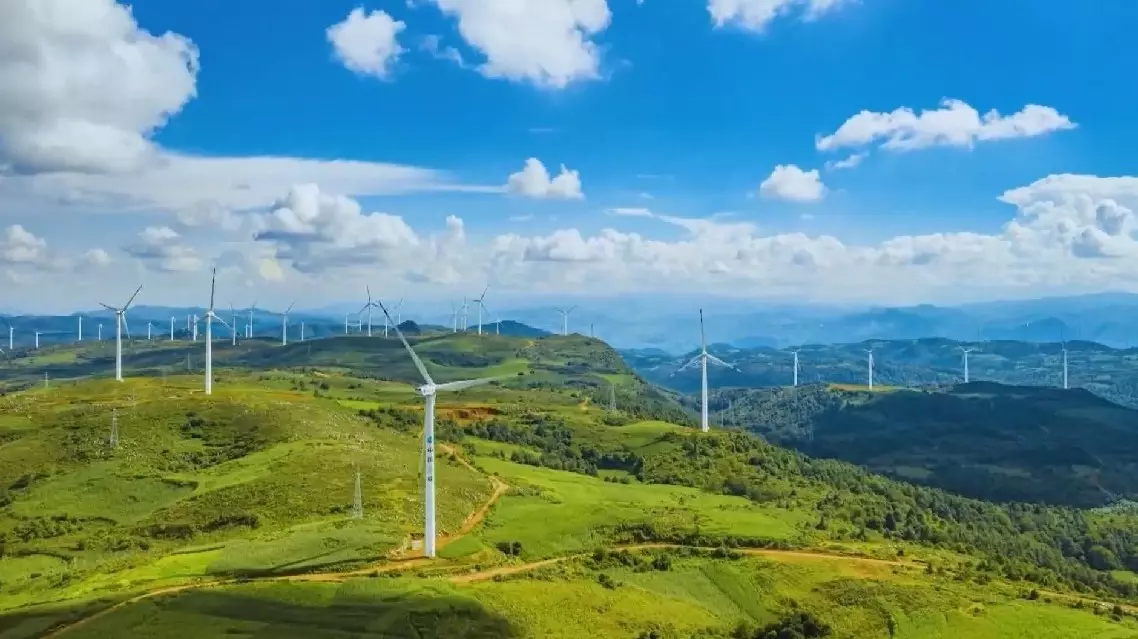Russia claimed on Sunday that its forces attacked Ukraine's equipment assembly points, while Ukraine reported on the same day that its troops tried to stop the Russian army from breaking through their defense over the past 24 hours.
The Russian Defense Ministry stated on Sunday that the Russian army attacked Ukraine's manpower and equipment assembly areas in 141 regions, as well as multiple Ukrainian military airports, drone production workshops and storage points.
Russia's air defense forces shot down 44 Ukrainian drones on the day, the ministry said.
On the same day, the General Staff of the Armed Forces of Ukraine said in a war report that 122 battles took place in the front-line areas and the situation on the front lines still remained tense, especially in the directions of Kurakhove and Pokrovsk in eastern Ukraine.
The Ukrainian army was taking all measures to prevent the Russian army from breaking through, it said, adding that it continued its military operation in western Russia's Kursk region that it started in August.

Russia claims strikes on Ukrainian equipment assembly points, Ukraine reports trying to stop Russian advances

Russia claims strikes on Ukrainian equipment assembly points, Ukraine reports trying to stop Russian advances

Russia claims strikes on Ukrainian equipment assembly points, Ukraine reports trying to stop Russian advances
China's strong commitment to climate action and green transition efforts have yielded remarkable outcomes, accelerating its low-carbon development and contributing substantially to global climate mitigation efforts.
China has long placed great emphasis on addressing climate change, being an early signatory to the United Nations Framework Convention on Climate Change and one of the first to sign and ratify the Paris Agreement. The country showcased its accomplishments in meeting its "dual carbon" goals of peaking carbon emissions before 2030 and achieving carbon neutrality before 2060 at a side event on "Energy Conservation and Carbon Reduction: China's Actions", held during the 29th session of the Conference of the Parties to the United Nations Framework Convention on Climate Change (COP29) in Baku, Azerbaijan earlier this month. China has established the world's largest and most comprehensive new energy industry system, with solar power generation costs falling by 80 percent, said Wen Hua, Deputy Director of the Department of Resource Conservation and Environmental Protection at the National Development and Reform Commission. The official also noted that China's exports of wind and solar products helped other countries cut 810 million tons of carbon emissions in 2023 alone.
"We really need to thank China more generally, because China is building the industrial base, the capacity, the planning, the vision, the complex systems infrastructure to actually get this done right now," said Columbia University Professor and economist Jeffery Sachs.
Official release shows that China has continued to reduce carbon intensity, with the share of non-fossil energy consumption reaching 17.9 percent in 2023, while the share of coal consumption dropped from 67.4 percent in 2013 to 55.3 percent. The country's forest stock has increased by 6.5 billion cubic meters since 2005, reaching 19.49 billion cubic meters.
By the end of July 2024, China's total installed capacity of wind and solar power had exceeded 1.2 billion kilowatts, more than doubling the 2020 level and achieving the 2030 target 6 years ahead of schedule.
"Our commitment to addressing climate change and pursuing green, low-carbon development is self-driven, not imposed upon us by others. As a major developing country, China has always been a responsible nation, honored its commitments with concrete actions. Since announcing our goals of peaking carbon emissions and achieving carbon neutrality to address climate change, we have strictly adhered to them. We organically integrate global climate change goals with our own green, low-carbon development efforts, working towards building a community with a shared future for mankind," said Chang Jiwen, deputy director of the Institute of Resources and Environmental Policy at the Development Research Center of the State Council.

China accelerates green transition, boosts global climate efforts












